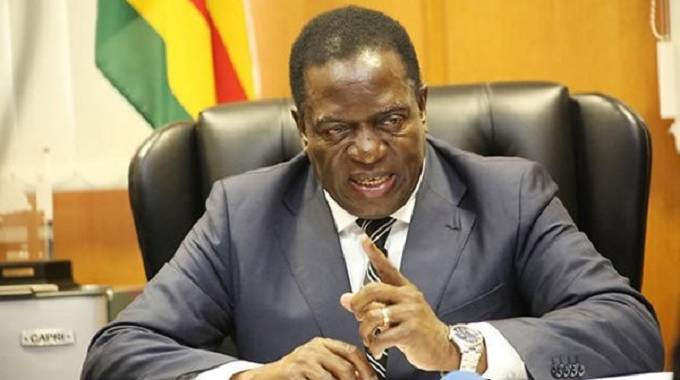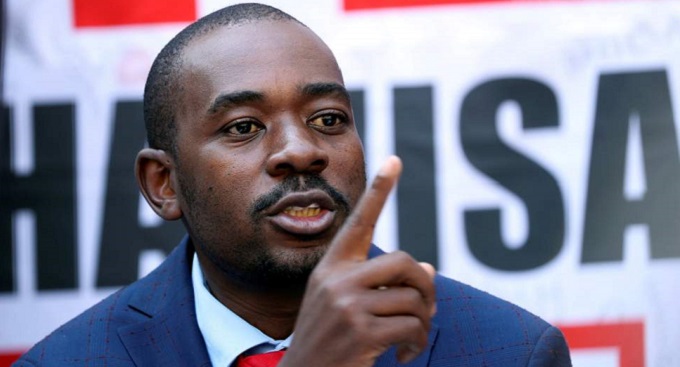‘Private sector key to middle income status’

Auxilia Katongomara, Chronicle Reporter
THE Government has said the private sector is key to the country achieving middle income economy status by 2030 with the State playing a facilitator and creating a conducive environment.
Highlighting some of the policies, strategies and projects that guide Zimbabwe’s social and economic development interventions up to December 2020, President Emmerson Mnangagwa said economic stabilisation and employment creation were key priorities of the Transitional Stabilisation Programme (TSP).
He said the private sector should be at the forefront of the economic revival drive.
“The Economic growth envisaged during the Programme period will inevitably be driven by the private sector, with Government facilitating a supportive macro-economic and business environment.
“Focus will be on value addition and beneficiation, to realise higher value exports, and cushioning the economy from the vagaries of international commodity price fluctuations associated with over-dependence on export of raw commodities,” said President Mnangagwa.
He said Government is embarking on the implementation of national development policy initiatives and programmes to transform the economy to realise Vision 2030, the UN Sustainable Development Goals, and the AU Agenda 2063.
“This Transitional Stabilisation Programme, over October 2018-December 2020, prioritises fiscal consolidation, economic stabilisation, and stimulation of growth and creation of employment.
Adoption and implementation of prudent fiscal and complementary monetary policies will anchor return of investor confidence lost over the past two decades, stabilising the macroeconomic environment, which is conducive for opening up to more business,” said President Mnangagwa.
He said the success of the programme would not depend on Government efforts alone, but on a co-ordinated collaborative multi-stakeholder approach.
“This is critical if we are to overcome and redress the underlying challenges arising from economic fragility, joblessness, inequality and poverty.
“This Programme, therefore, recognises the need for empowerment of women and youths, while also bringing to the fore key issues that improve the welfare of the historically marginalised groups, including people facing physical challenges,” the President said.
He appealed to all stakeholders to put the elections behind and collaboratively participate fully in the reconstruction of the economy.
“On my part, I undertake to provide the political will needed to ensure full implementation of the programme, mindful that this will entail pain and need for sacrificing short term gains for longer term prosperity.
“Everyone has a responsibility in this economic reconstruction endeavour. This includes the academia, faith-based and civil society organisations, embracing their grassroots structures and advocacy towards complementing Government efforts, and the media, central to the dissemination of information and general citizenry awareness,” President Mnangagwa said.
“Also critical will be our people in the Diaspora, whose participation in economic transformation initiatives goes beyond contribution through remittances and philanthropic work, and is targeted to include skills transfer and involvement in arising domestic investment opportunities”.
Finance and Economic Development Minister Professor Mthuli Ncube on Friday launched the Government’s economic blueprint, TSP, which runs from this month to December 2020.
The economic blueprint is targeting immediate quick-wins and laying a robust base for economic growth for the period 2021-2030. — @AuxiliaK










Comments